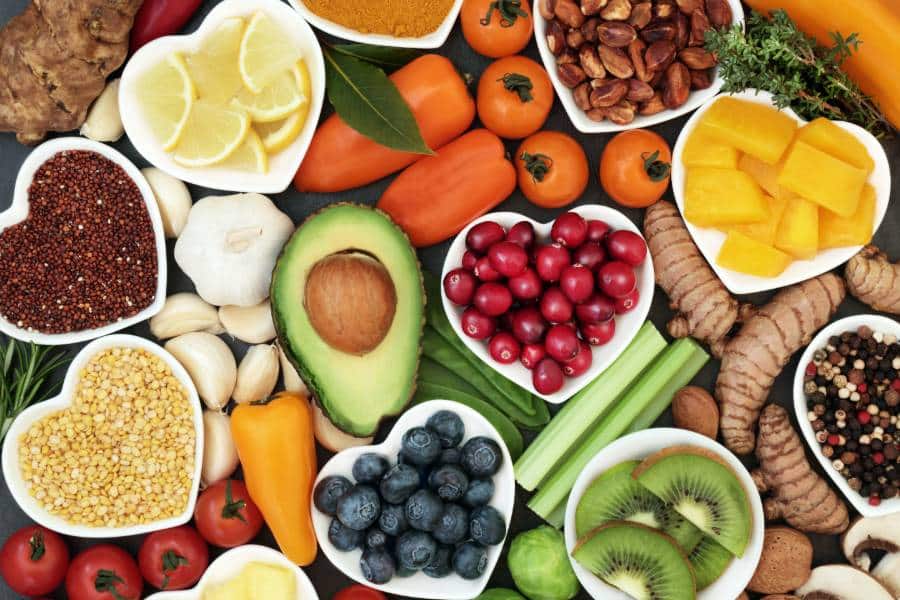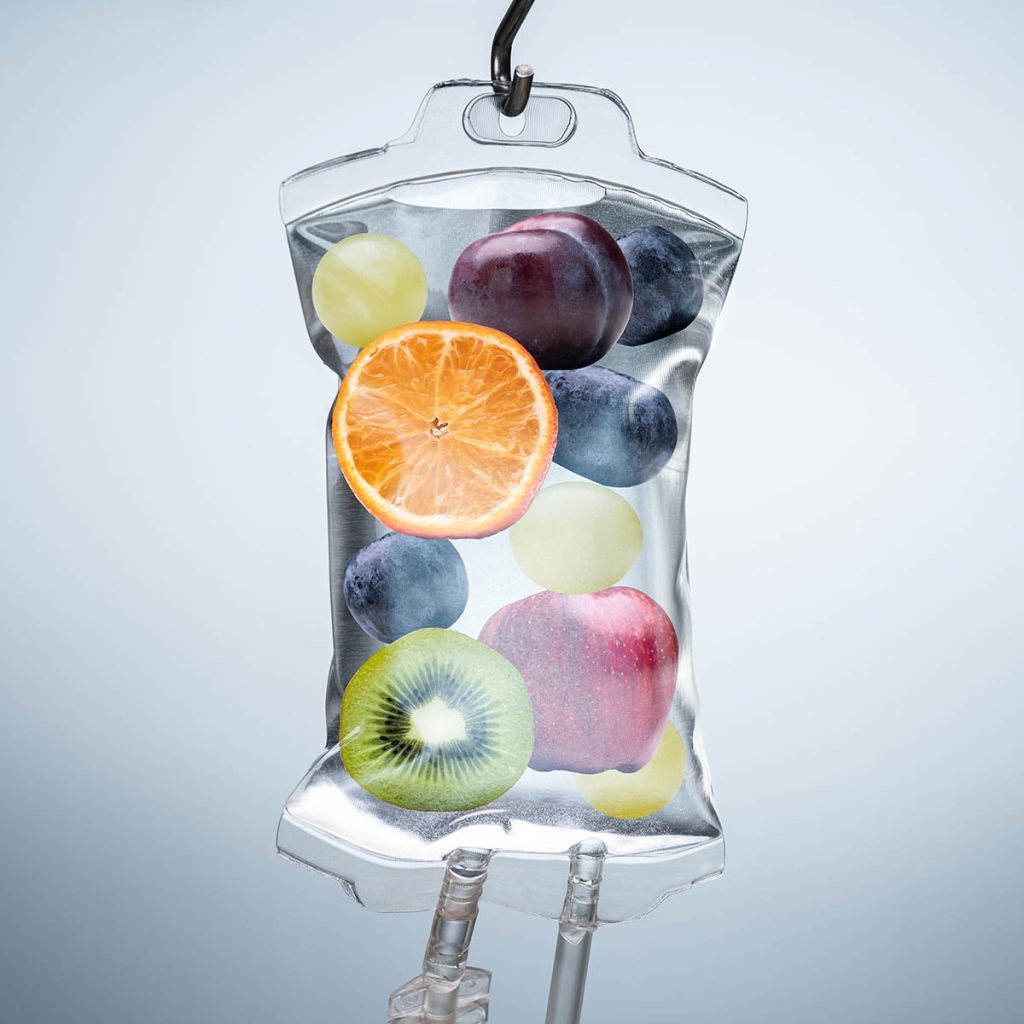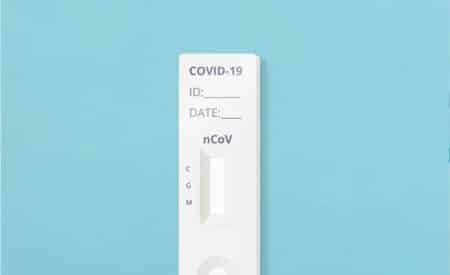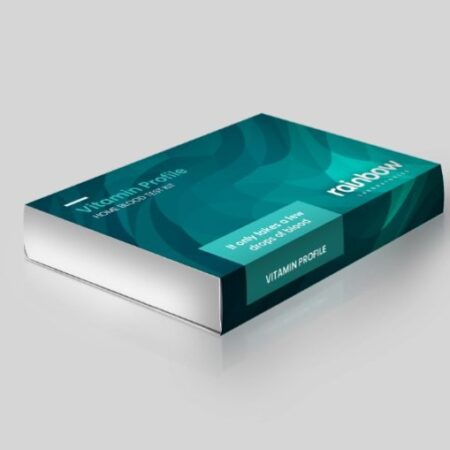Vegan diet: Essential nutrients you may be missing
A vegan diet offers a considerable number of health benefits, but even the most well-planned plant-based diet misses a few essential nutrients.
Vegetarian and vegan diets are among the healthiest eating systems. Whether it is for environmental concerns, regard for animal welfare, or other personal reasons, the choice to go meat-free can do wonders for your health.
Plant-based eating routines offer the body all the right ingredients to ward off various serious diseases. Vegetarian or vegan diets are always loaded with fibres and come complete with phytochemicals. In addition, they are mostly devoid of saturated fats.
Vegetarian diets are linked with a significantly lower risk of type 2 diabetes, osteoporosis, high blood pressure, heart disease, and even cancer.
Get an overall health check-up
Women’s Health MOT
£206.00A blood test that covers all the essential areas of overall female health.
Men’s Health MOT
£196.00The ideal blood test for men that provides an overall view of their general wellbeing.
General Health MOT
£136.00A simple blood test that helps rule out an expansive list of health conditions.

Common deficiencies in a vegan diet
Switching to a vegan diet is not among the easiest transitions. While challenging at first, once you become used to it, plant-based diets are exceptionally rewarding.
However, there is a drawback: you will face potential deficiencies. There are several nutrients wholly missing in foods derived from plants. Unfortunately, some of the missing nutrients are essential for important bodily functions.
One common misconception surrounding vegan or vegetarian diets is that people who actively follow them are lacking in protein. Plenty of plant foods are excellent sources of protein, like whole grains, nuts, soy products, lentils, and legumes.
The following five are essential nutrients that go missing when you eat a vegan diet:
Vitamin B12
Also referred to as cobalamin, vitamin B12 is required by the body for red blood cell production and sustaining the healthy function of the brain and nervous system.
The only natural source of vitamin B12 is animal-based foods like meat, poultry, eggs, milk and dairy products, and fish.
According to a 2013 study, vegetarians are at an increased risk of becoming vitamin B12 deficient.
It is easier for lacto-ovo-vegetarians to get healthy amounts of vitamins from food as they eat eggs and dairy products. With a strict vegan diet, it is impossible to receive a healthy supply of vitamin B12 from food.
Being deficient in vitamin B12 can lead to anaemia. The common symptoms include:
- Intense fatigue
- Continuous lack of energy
- Mouth ulcers
- Sore and red tongue
- Muscle weakness
- Troubles with vision
- Depression
- Confusion
- Difficulty remembering
- Feelings of pins and needles
- Getting seizures
People with strict vegan diets may be able to receive a sufficient quantity of nutrients from fortified non-dairy products, fortified cereals, or other fortified food options.
If fortified food options do not help overcome deficiency, vitamin B12 supplements might just become a requirement to stay healthy.

Omega-3 Fats
The body requires omega-3 fatty acids for brain development and to maintain heart health, among other things. In fact, docosahexaenoic acid (DHA), a type of omega-3 fat, is so important that a deficiency can result in mental health issues and brain function problems.
Insufficient omega-3 fat in pregnant women can have harmful effects on foetal brain development.
It is difficult to receive adequate omega-3 fatty acids if you are on a strict vegan diet. The main natural source of omega-3 fats is fatty fish like salmon.
While walnuts, chia seeds, and flaxseeds do contain omega-3 fatty acid, it is alpha-linolenic acid (ALA). According to studies, ALA does not convert to DHA efficiently enough to increase DHA levels in the blood.
In order to get sufficient DHA, it is important for vegetarians and vegans to add omega-3 fatty acid supplements to their lifestyles.
Iron
People following vegetarian and vegan diets are at an increased risk of iron deficiency. According to research, this makes people on plant-based diets more likely to become anaemic.
It is not because plant-based foods do not contain iron; they just lack heme iron.
Meat is the only source of heme iron; it is especially abundant in red meat. Even if you eat plenty of foods containing non-heme iron, the nutrient may be poorly absorbed without heme iron.
Heme iron helps the body properly absorb non-heme iron. Moreover, anti-nutrients like phytic acid are present in plant foods, further restricting the body’s ability to absorb non-heme iron.
Eating plenty of food containing non-heme iron as part of a planned diet can help. However, it still might not be enough to ward off iron deficiency. Iron supplementation can be very effective in such instances.
Vitamin D3
Vitamin D does not necessarily have to come from your diet; the primary source is sunlight. However, the sun can be quite scarce in the UK.
With limited exposure to the sun, getting this essential nutrient from food and supplements becomes necessary.
The two types of dietary vitamin D; while plant foods contain vitamin D2, animal-based foods are the only source of vitamin D3.
According to a 2010 and a 1998 research, vitamin D3 increases vitamin D levels in the blood more efficiently compared to vitamin D2.
Vegans and vegetarians, especially in the sun-less months of winter and autumn, are at very high risk of vitamin D deficiency.
If left untreated, vitamin D deficiency can lead to very serious conditions like cancer, heart disease, brain function impairment, and multiple sclerosis, among others.
In fact, according to the NHS website, vitamin D supplements should be taken by everyone over the age of 4 during winter and autumn, whether you follow a plant-based diet or not.

How VIVO Clinic can help
While a vegan diet can assist you in leading an exceptionally healthy life, it is important to ensure that you receive all the necessary nutrients.
You can use our Vitamin Profile to help you keep track of the vitamin levels in your system regardless of your diet.
Are you getting the necessary nutrients?
Pay attention to your body's needs
Women’s Health MOT
£206.00A blood test that covers all the essential areas of overall female health.
Men’s Health MOT
£196.00The ideal blood test for men that provides an overall view of their general wellbeing.
General Health MOT
£136.00A simple blood test that helps rule out an expansive list of health conditions.
Related Articles

COVID-19 Test Kits
Rapid IgM IgG antibody test kits Like most businesses, VIVO Clinic has been affected by the spread of novel coronavirus...
Skin health: How effective is green tea?
Green tea offers a myriad of health benefits, many of which directly enhance the skin’s health. In recent decades, green...
COVID-19 Test Clinic
VIVO Group are a COVID-19 Test Clinic with locations across the UK. We are implementing additional health and safety measures...1,000,000
Customers
Felt so comfortable and welcome. Explained in detail about my treatment and took the time to interact.
Very professional and friendly. The HIFU treatment was very comfortable and I felt relaxed.
Have more appointments booked so looking forward to my next visit.
Thank you again you are absolutely fantastic 😀
She was very attentive and knowledgeable
 close
close










